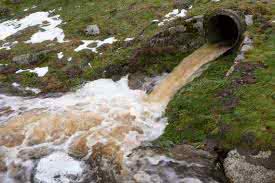Meaning of the word discharge in English
What does discharge mean in English? Explore the meaning, pronunciation, and specific usage of this word with Lingoland.
discharge
US /dɪsˈtʃɑːrdʒ/
UK /dɪsˈtʃɑːdʒ/

Verb
1.
2.
3.
to perform a duty or fulfill an obligation
Example:
•
He was unable to discharge his duties due to illness.
•
The committee must discharge its responsibilities fairly.
Synonym:
Noun
1.
the action of allowing someone to leave a hospital or prison, or of ordering someone to leave an organization
Example:
•
He received an honorable discharge from the military.
•
The doctor recommended her discharge from the hospital.
Synonym: